Multi-Axis Load Cells
Multi-axis load cells are designed and manufactured to measure a multitude of forces and/or moments simultaneously with a single load cell sensor. These sensors provide multiple bridges that precisely measure the applied force from one direction with little or no cross-talk from the other forces or moments when installed and used according to specifications. They are designed to measure force in three directions and torque or moment in three directions. Typical multi-axis load cell applications are found in the offshore industry, industrial test benches and crash testing. Read More…..
Our load cells are manufactured with the highest attention to detail at all stages. Whether it is through the design stage, engineering stage, or through hundreds of tests run daily, we ensure that our products outshine all competitor products.
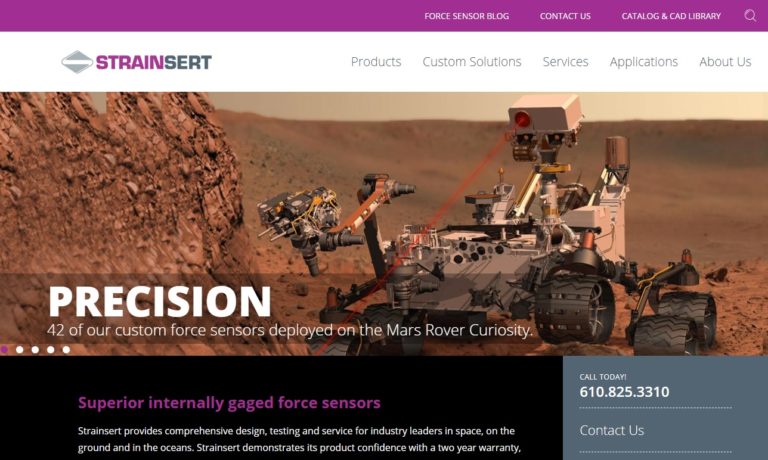
Founded in 1985, Load Cell Central has firmly established its reputation as a leader in load cell manufacturing, custom weighing system integration, and first-class load cell repairs. Load Cell Central offers a wide variety of popular load cell and component configurations for virtually every new or old weighing system, scale or component replacement possibility. Technical and after-sale support, ...

At TyTek Industries we manufacture load cells to suit all capabilities. Our expertise has provided insight and load cell solutions for a range of customers and industries. Our engineering team’s philosophy ensures we do everything humanly and technologically possible to match your requirements with quality, cost and delivery. We’re here to help you carry the load.
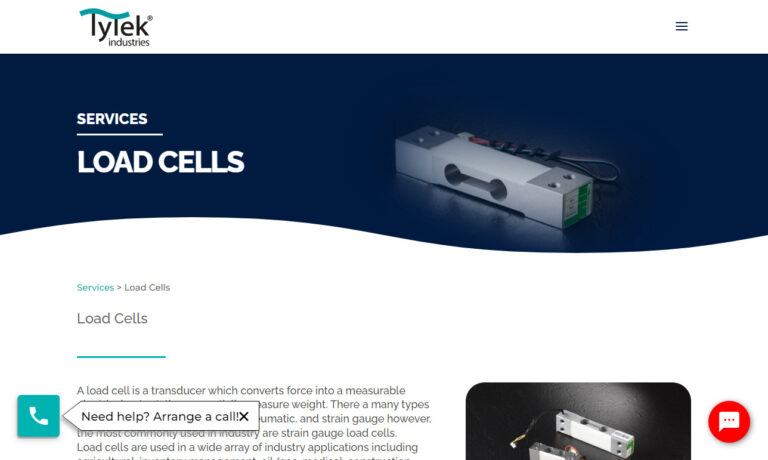
Anyload has been in business for over 20 years. Anyload is experienced in the design and production of high quality standard load cells, specialty load cells, weigh modules, indicators, scales for commercial and industrial applications, and wide varieties of weighing components.
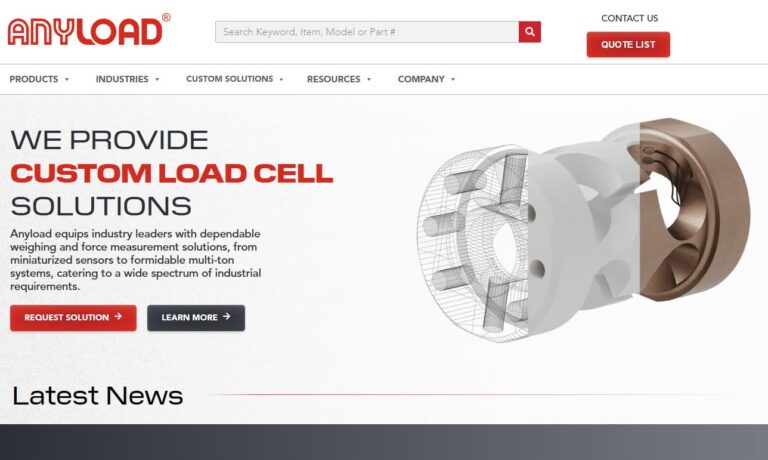
At Coti Global Sensors, we are dedicated to providing top-of-the-line load cell solutions and comprehensive services tailored to meet the diverse needs of our clientele. With years of experience and expertise in the industry, we have established ourselves as a trusted authority in load cell manufacturing, renowned for our commitment to quality, reliability, and customer satisfaction.
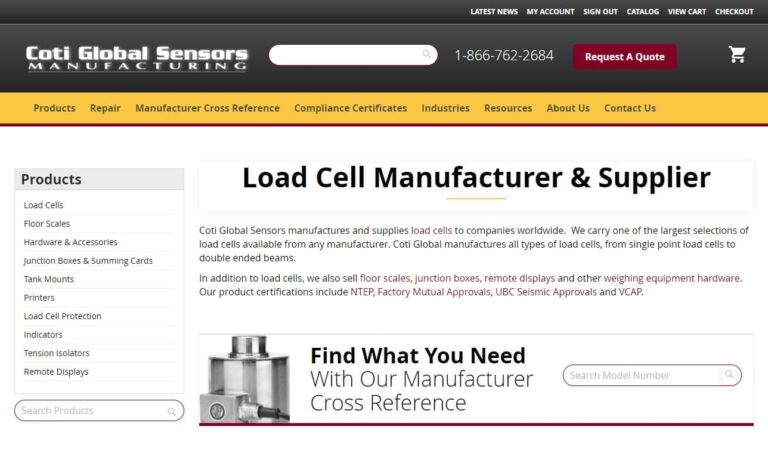
More Multi-Axis Load Cell Manufacturers
In experimental testing activities, the use of multi axis load cells is widespread e.g. balances for wind tunnels, structures, etc. Many commercially available load cells are able to measure the steady or dynamic forces and moments acting on a structure, but are generally quite expensive and their usage is restricted to advanced research and development activities. The high cost is often due to the relatively complex hardware, to time consuming calibration, and to special materials used for the manufacturing.
Some newer load cells are, on the contrary, relatively simple devices able to measure the three components of a force and the three components of a moment acting on the load cell itself. The sensing structural element is basically a three spokes structure constrained to the frame of the load cell by means of special areas. The forces acting on the cell are processed by the electronics accommodated inside the cell, and the information is fed directly to a display for use by the operator.
The capacity of multi-axis load cells ranges from 10 grams to 3,000,000 lbs for units requiring traceable calibrations. They can also be waterproofed to protect against harsh environments that may damage the load cell. For a good, robust design and maximum effectiveness, certain special requirements have to be met.
These requirements depend on the intended application but can range from the calibration requirements, special approvals, testing or cleaning requirements, frequency response, shock and vibration resistance, to serviceability. Keeping these requirements in mind during purchase will allow for a valuable buy.



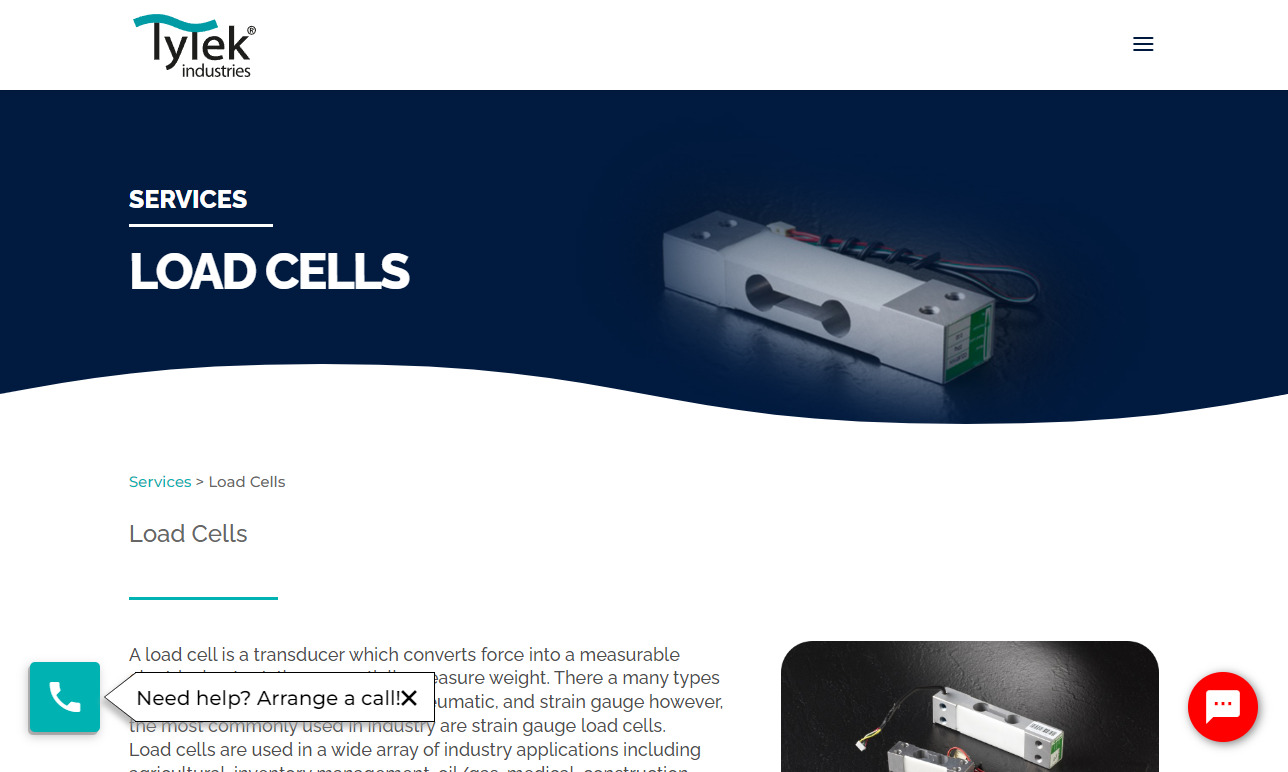
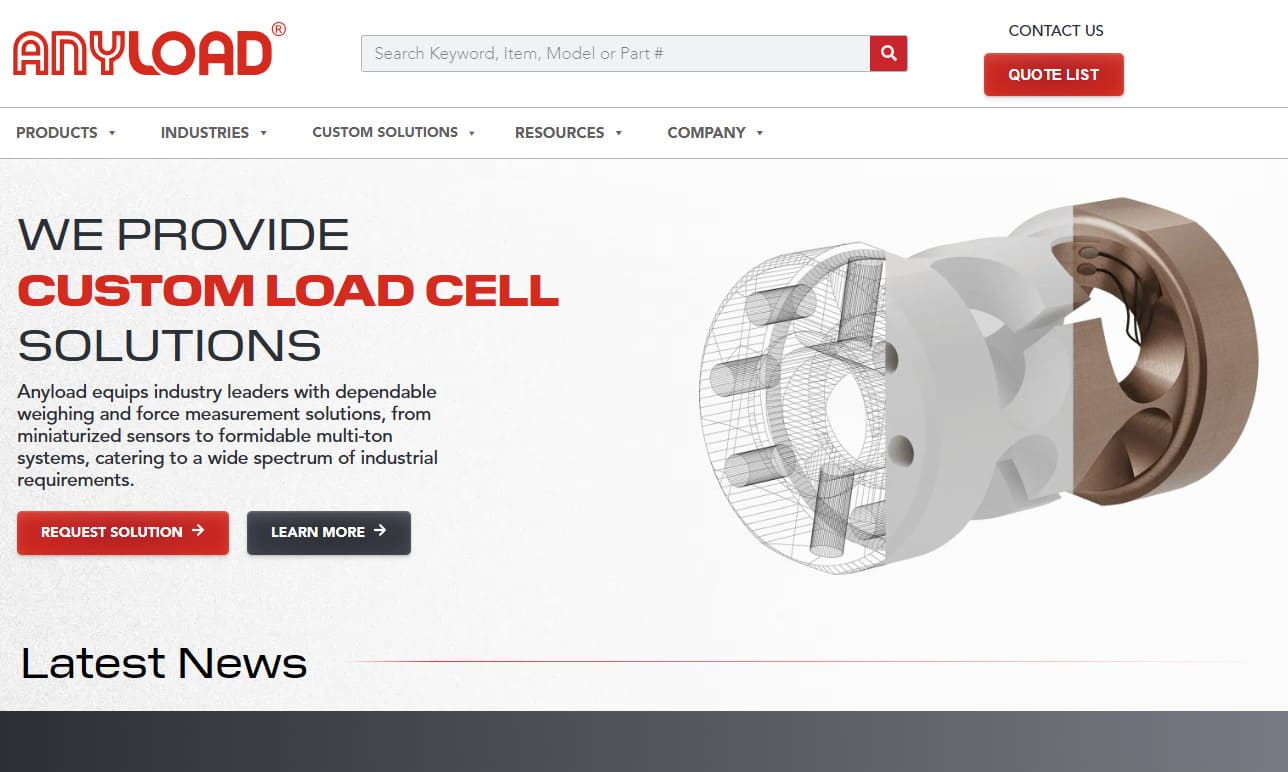
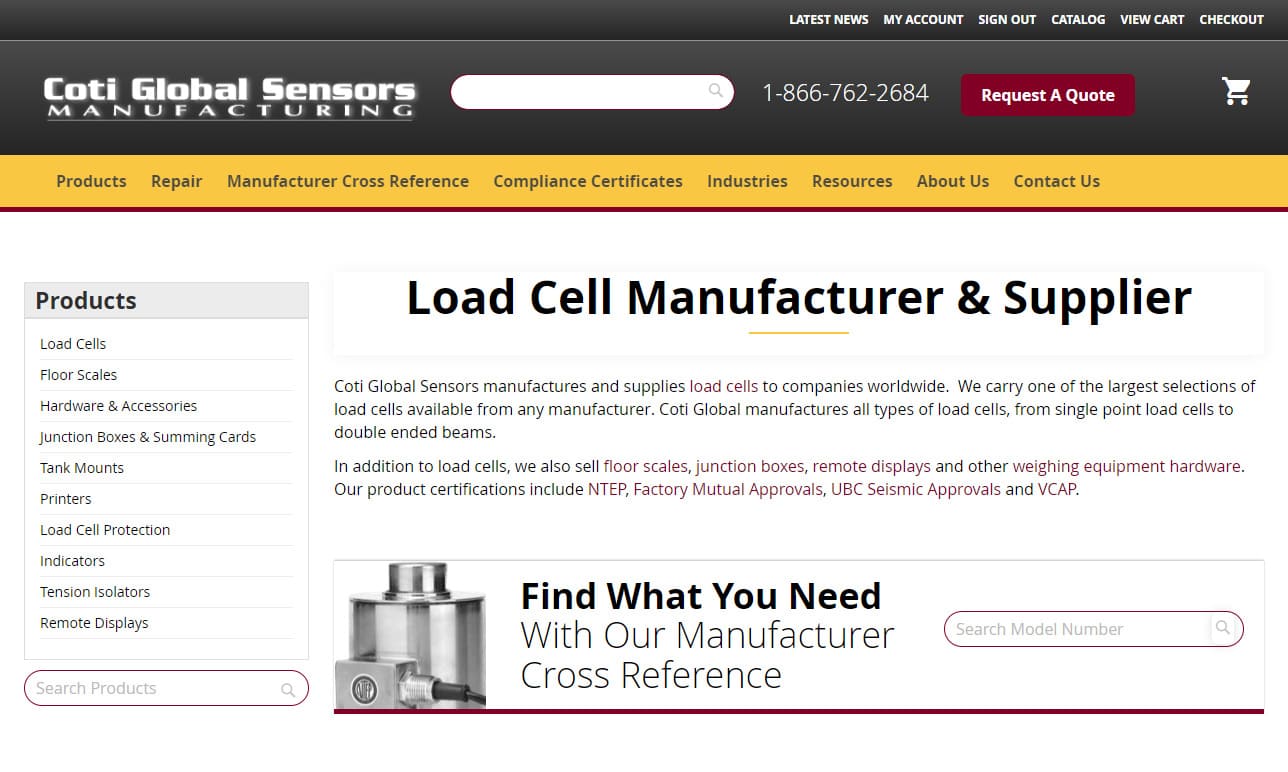
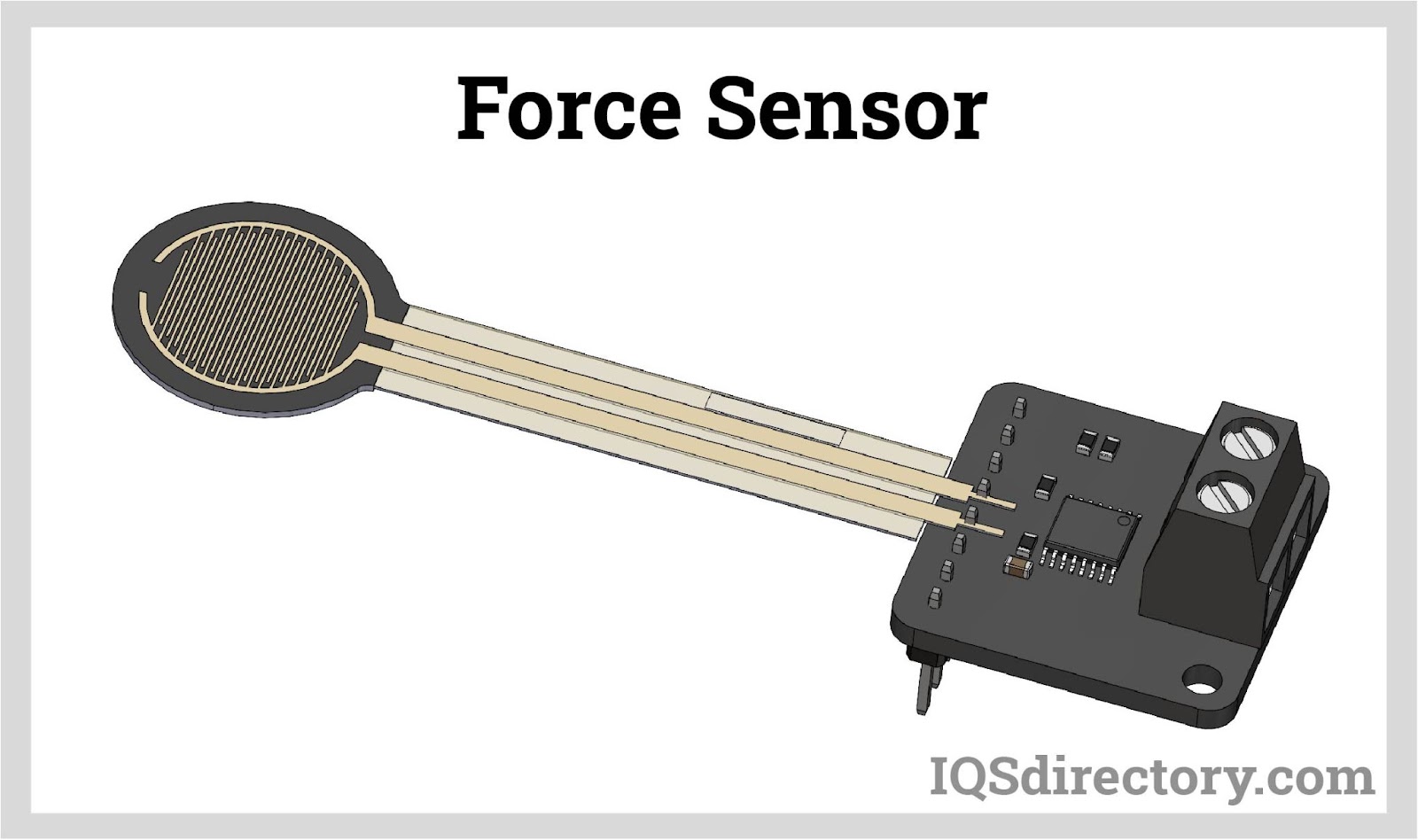
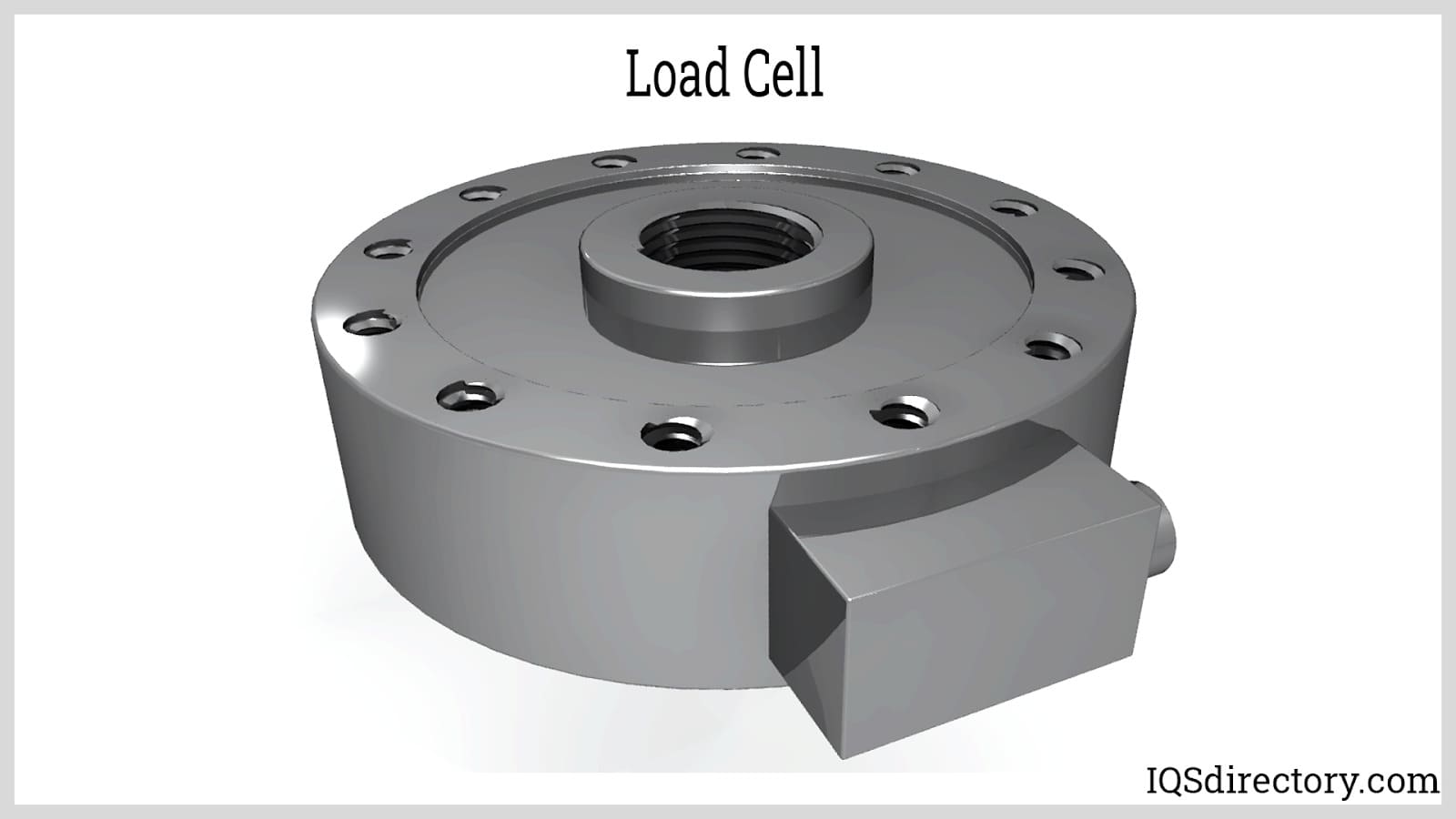
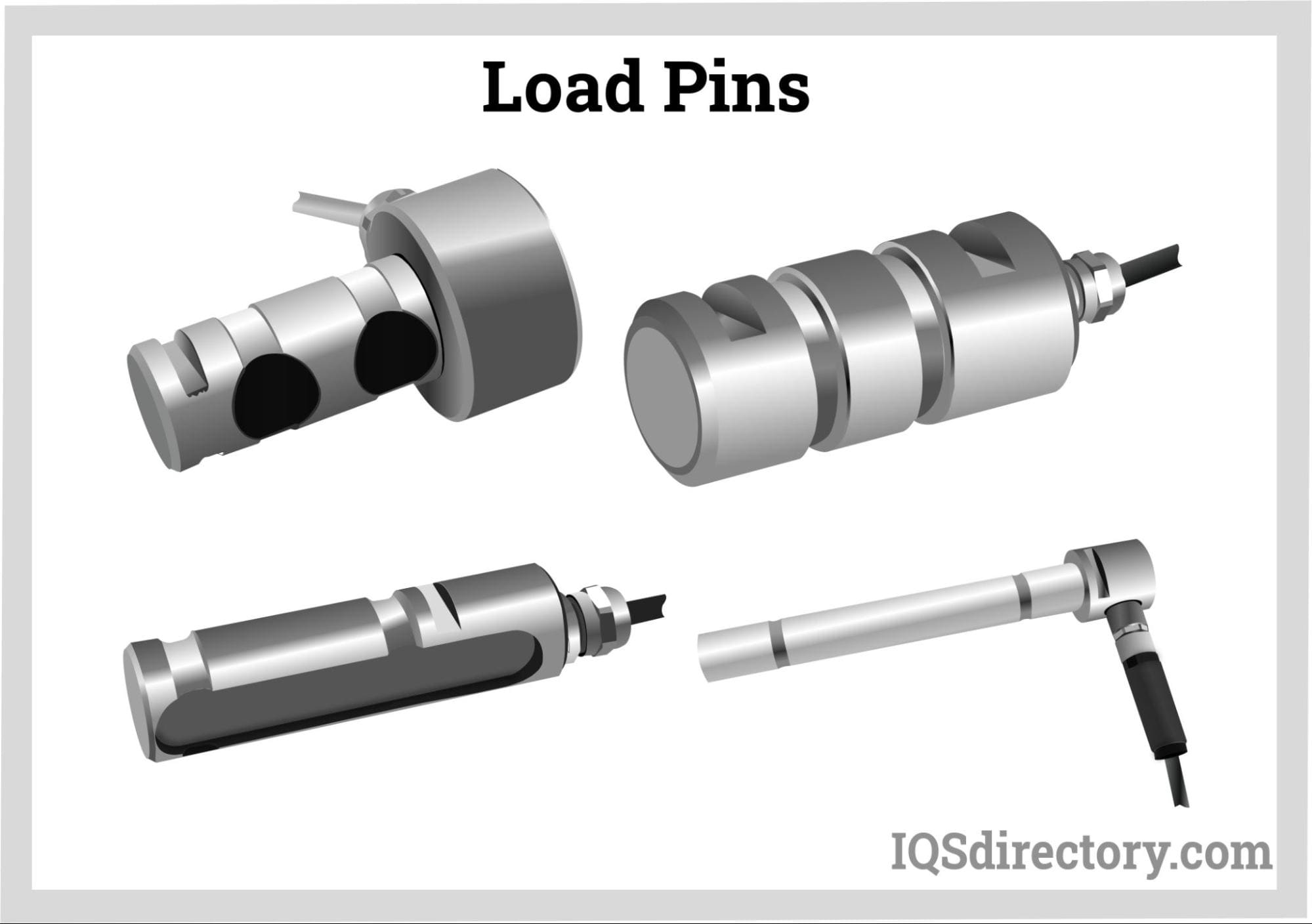
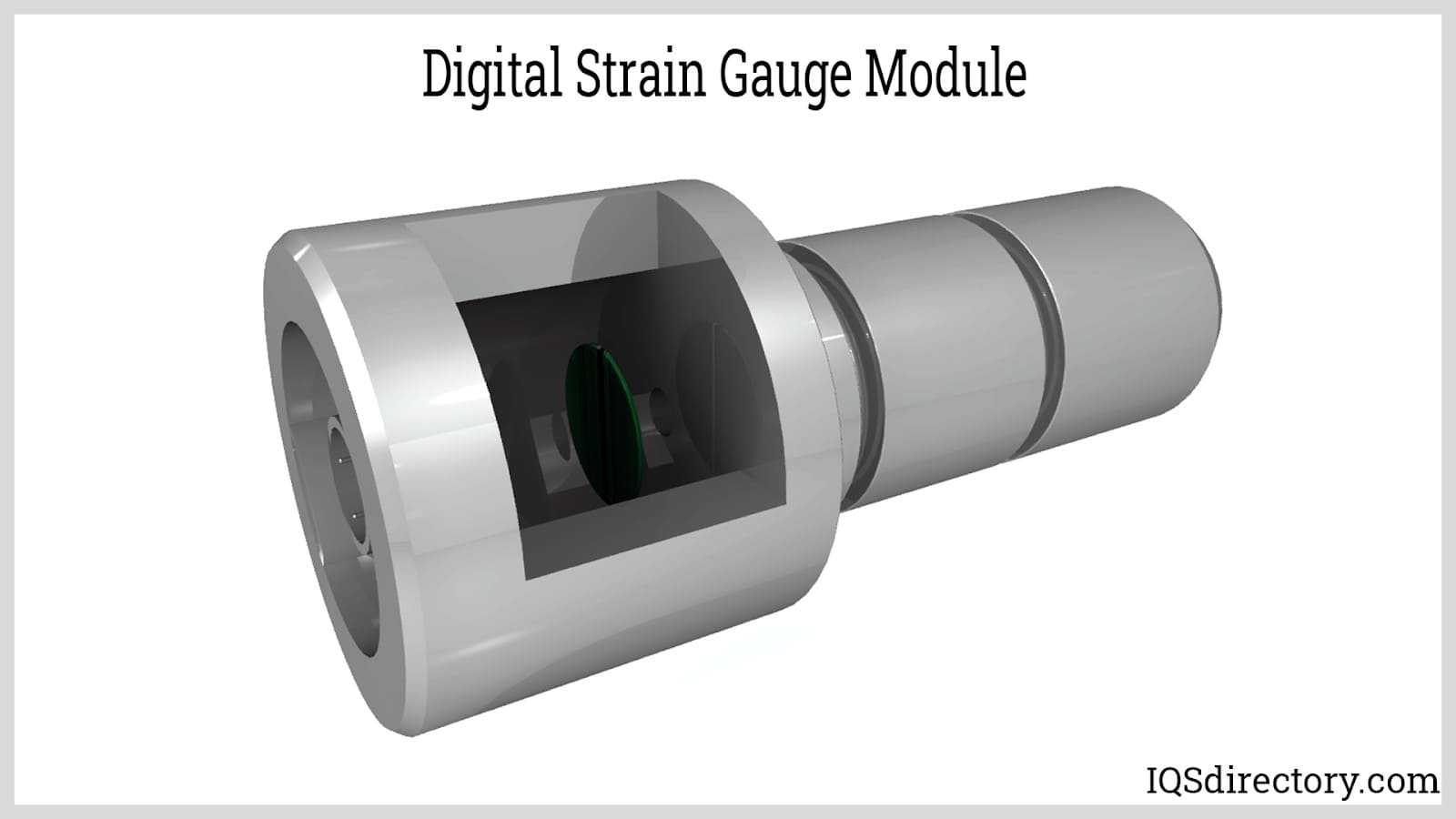
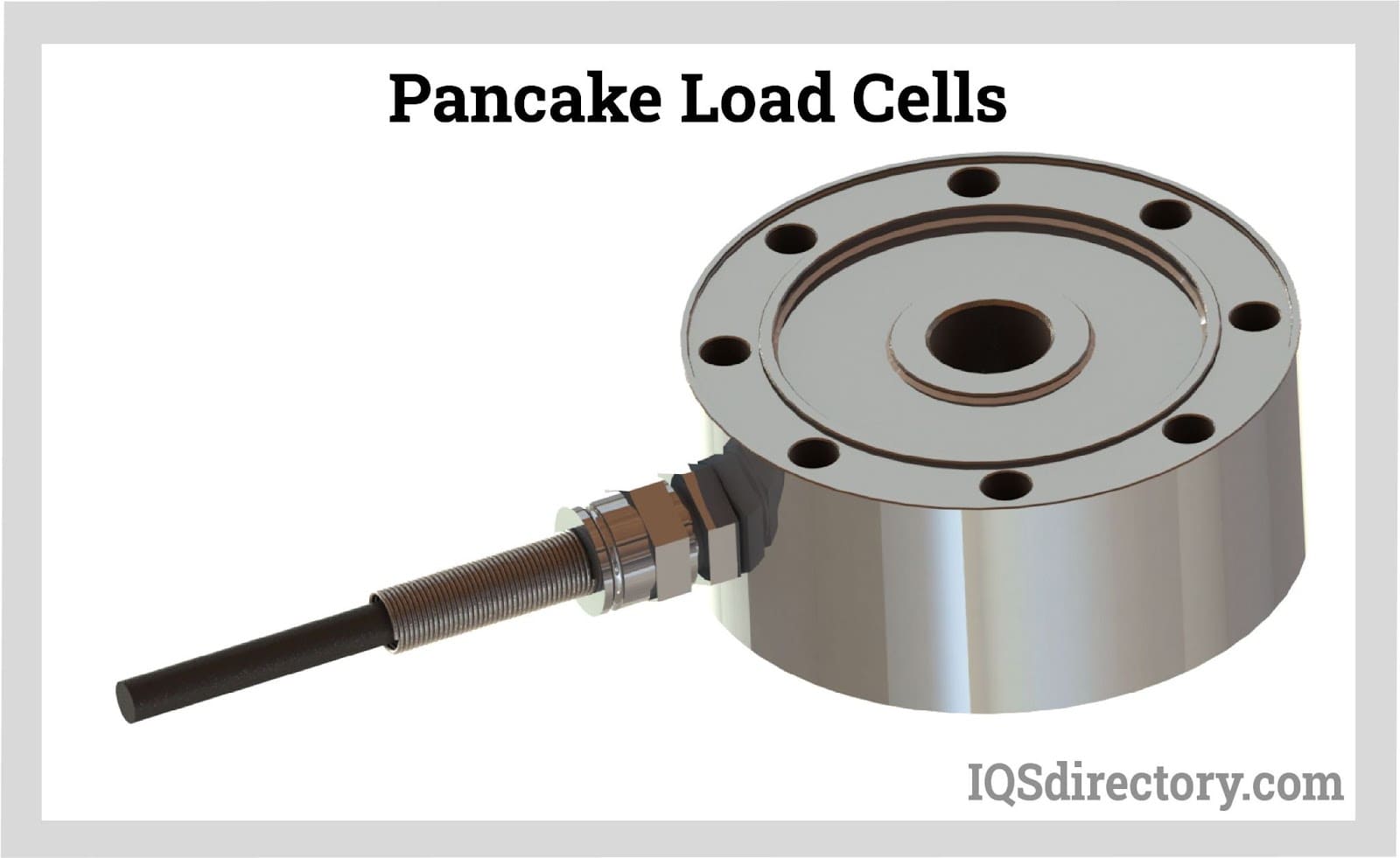
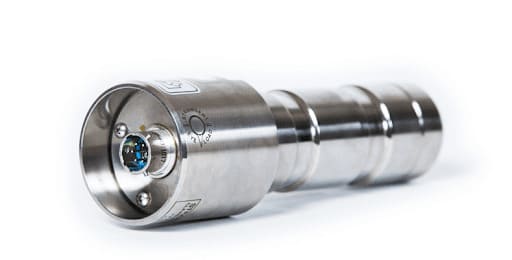
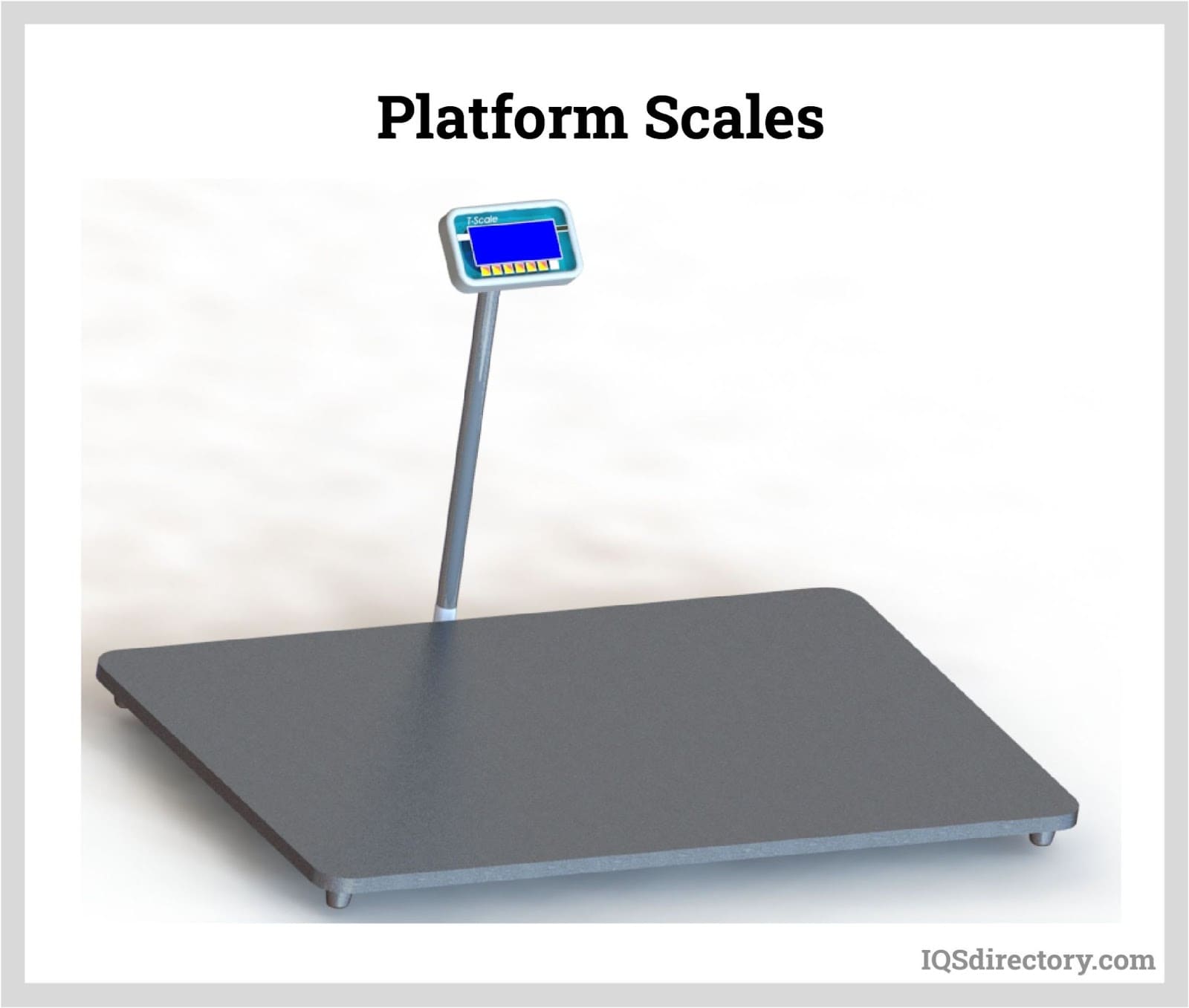
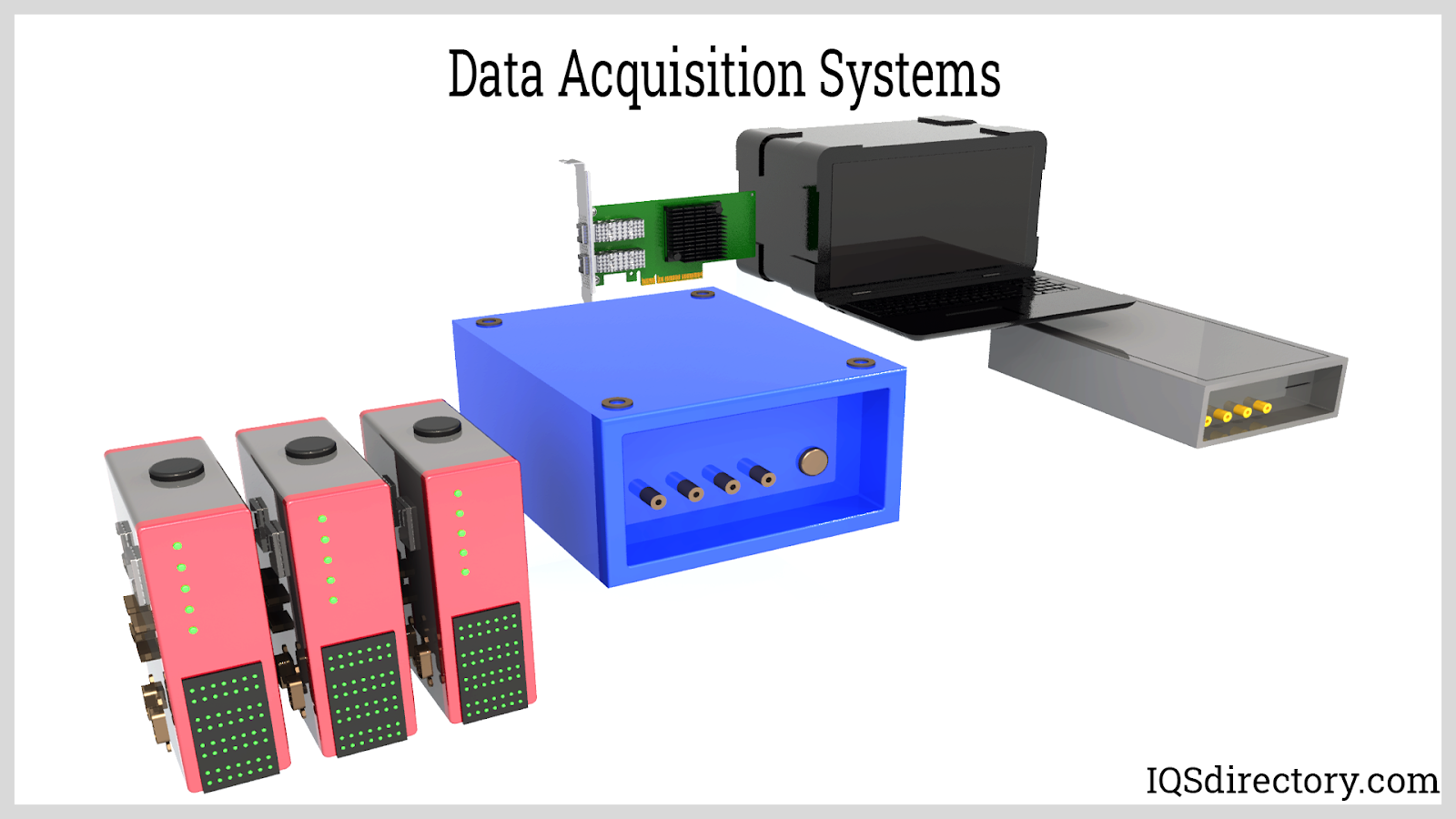
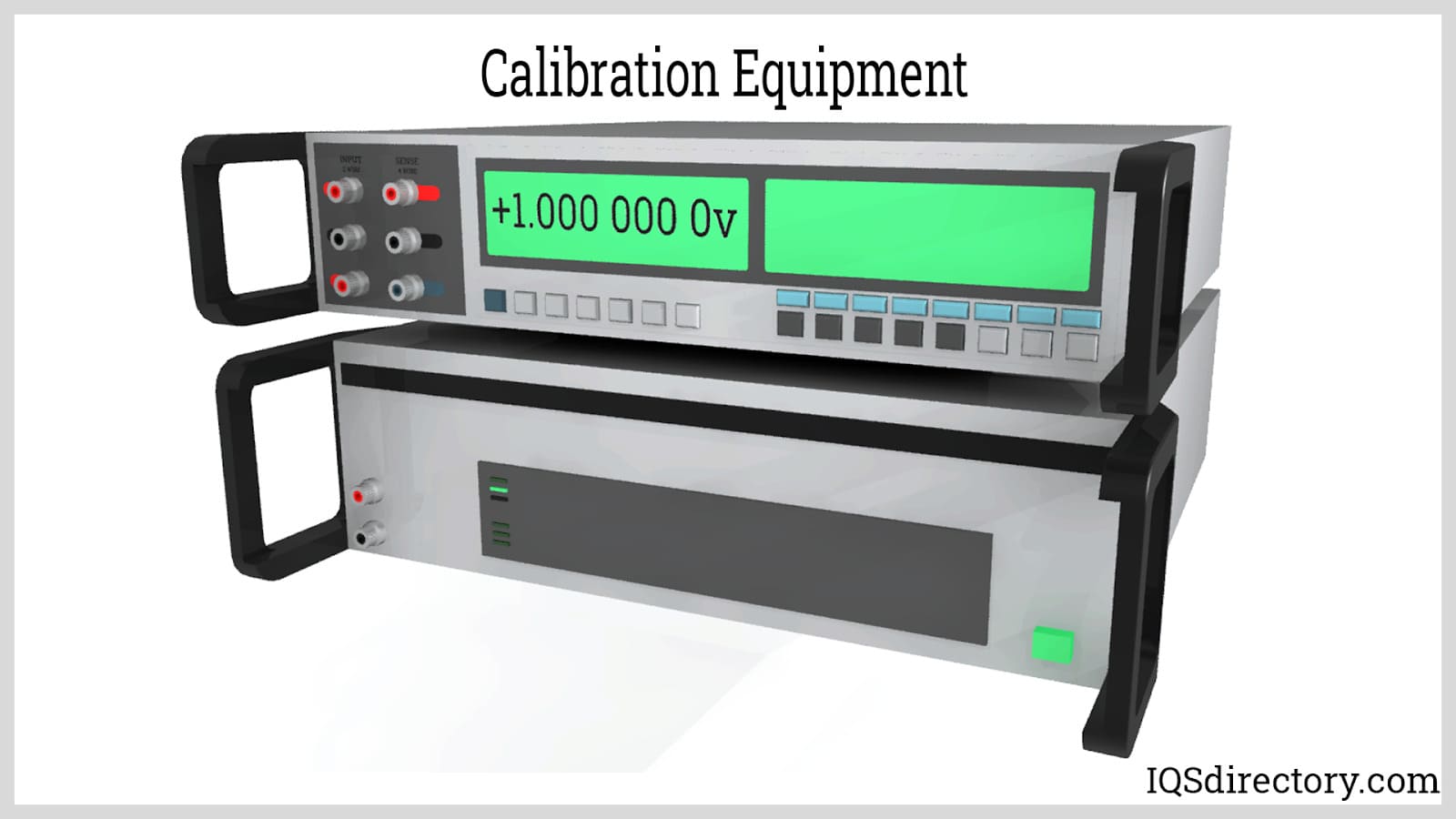
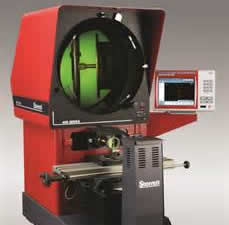 Calibration Services
Calibration Services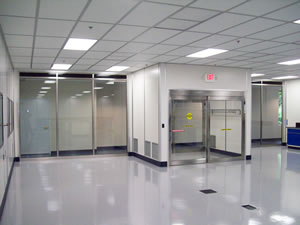 Clean Rooms
Clean Rooms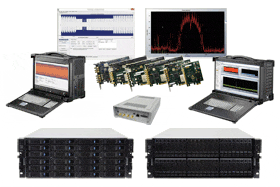 Data Acquisition Systems
Data Acquisition Systems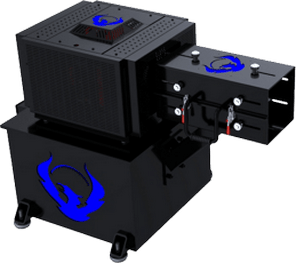 Dynamometers
Dynamometers Environmental Test Chamber
Environmental Test Chamber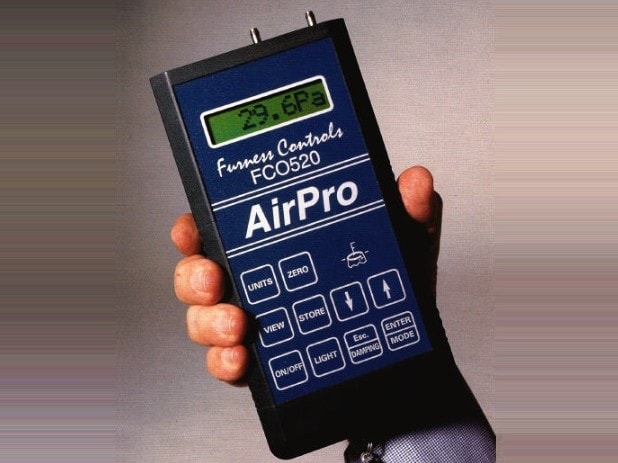 Leak Detectors
Leak Detectors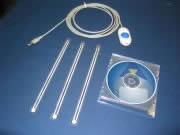 Load Cells
Load Cells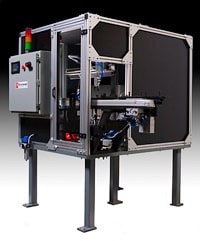 Machine Vision Systems
Machine Vision Systems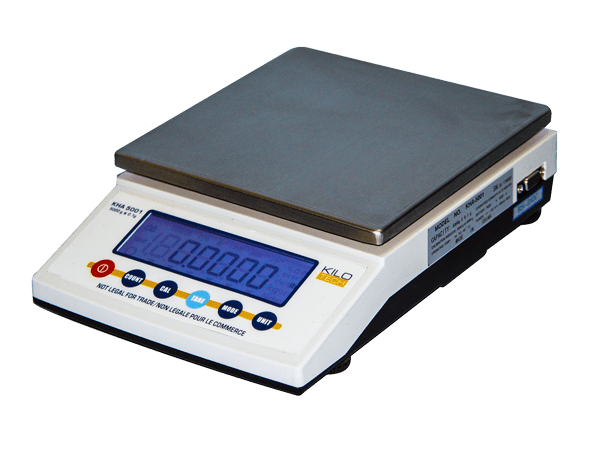 Scales
Scales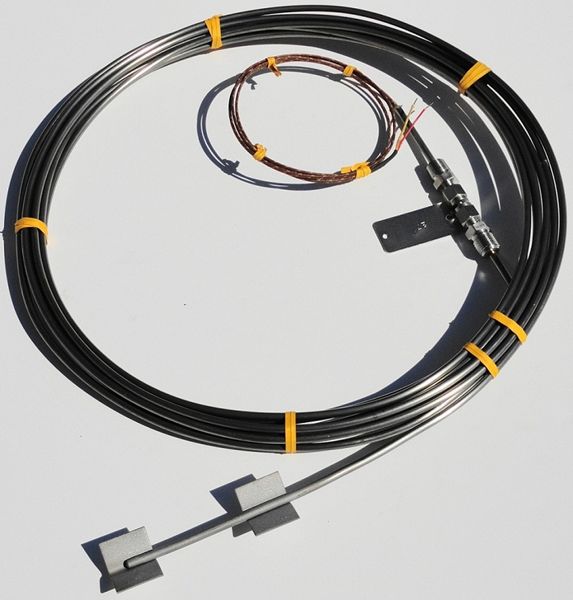 Thermocouples
Thermocouples Castings & Forgings
Castings & Forgings Bulk Material Handling
Bulk Material Handling Electrical & Electronic Components
Electrical & Electronic Components Flow Instrumentation
Flow Instrumentation Hardware
Hardware Material Handling Equipment
Material Handling Equipment Metal Cutting Services
Metal Cutting Services Metal Forming Services
Metal Forming Services Metal Suppliers
Metal Suppliers Motion Control Products
Motion Control Products Plant & Facility Equipment
Plant & Facility Equipment Plant & Facility Supplies
Plant & Facility Supplies Plastic Molding Processes
Plastic Molding Processes Pumps & Valves
Pumps & Valves Recycling Equipment
Recycling Equipment Rubber Products & Services
Rubber Products & Services